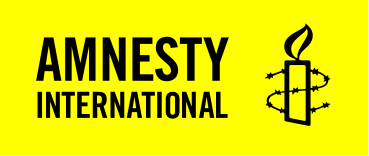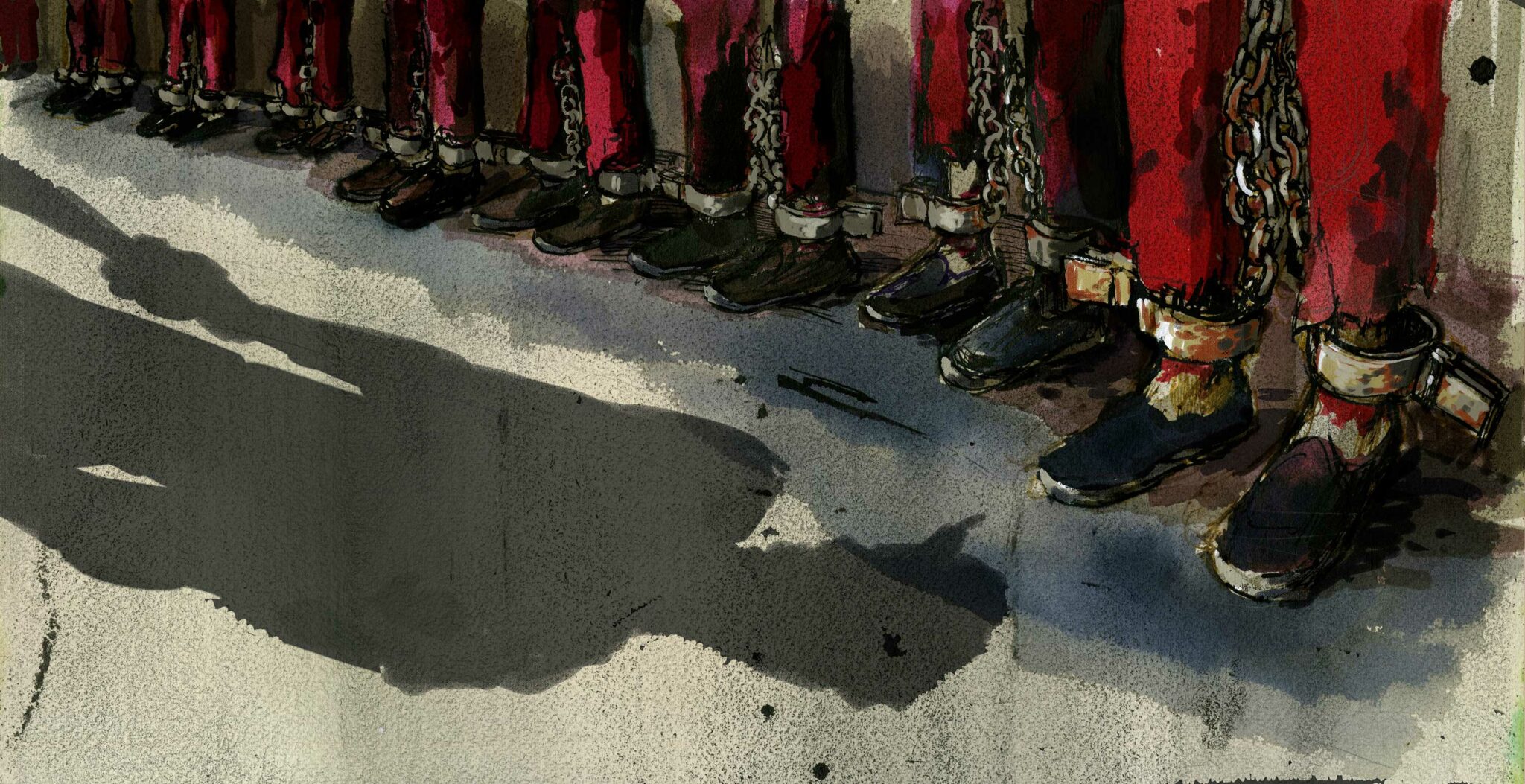Freedom of movement under international law
Freedom of movement is a human right enshrined in the Universal Declaration of Human Rights and the International Covenant on Civil and Political Rights. [[[UDHR Article 3(1) and 12(1).]]] According to the UN Human Rights Committee, “Liberty of movement is an indispensable condition for the free development of a person.” [[[ICCPR General Comment No. 27, Article 12(1).]]] Freedom of movement encompasses the ideas that, in principle, everybody has the right to liberty of movement and freedom to choose a residence within a state’s territory, but that they are also free to leave any country, including their own. [[[Freedom of movement also guarantees the right to enter one’s own country, of which one may not be arbitrarily deprived (see Article 12(4) of the ICCPR).]]]
International law permits states to limit these aspects of the right to freedom of movement only in limited circumstances, if based on clear legal grounds, necessary and proportionate to protect certain specified legitimate aims, and consistent with other human rights. [[[See also the Siracusa Principles on the Limitation and Derogation of Provisions in the International Covenant on Civil and Political Rights, UN Doc. E/CN.4/1984/4 (1984), paras 8-12, which sets out that (1) No limitation on a right may be discriminatory; (2) Any limitations must respond to a pressing public or social need, pursue a legitimate aim, and be proportional to that aim; (3) States should use no more restrictive means than are required for the achievement of the purpose of the limitation; (4) The burden of justifying a limitation lies with the state; (5) Every limitation imposed shall be subject to the possibility of challenge to and remedy against its abusive application.]]] According to Article 12(3) of the ICCPR, these freedoms “shall not be subject to any restrictions except those which are provided by law, are necessary to protect national security, public order (ordre public), public health or morals or the rights and freedoms of others, and are consistent with the other rights recognized in the present Covenant.” The UN Human Rights Committee has stated that any restrictions on the freedom of movement must be exceptional, precisely framed, as nonintrusive as possible, and non-discriminatory. [[[ICCPR General Comment No. 27: Article 12 (Freedom of Movement) (1999), UN Doc. CCPR/C/21/Rev.1/Add.9, paras 11-18]]]
Restrictions on freedom of movement for minority communities can constitute discrimination, directly or indirectly, in violation of general international legal standards on equality and non-discrimination, as well as specifically the International Convention on the Elimination of All Forms of Racial Discrimination.



